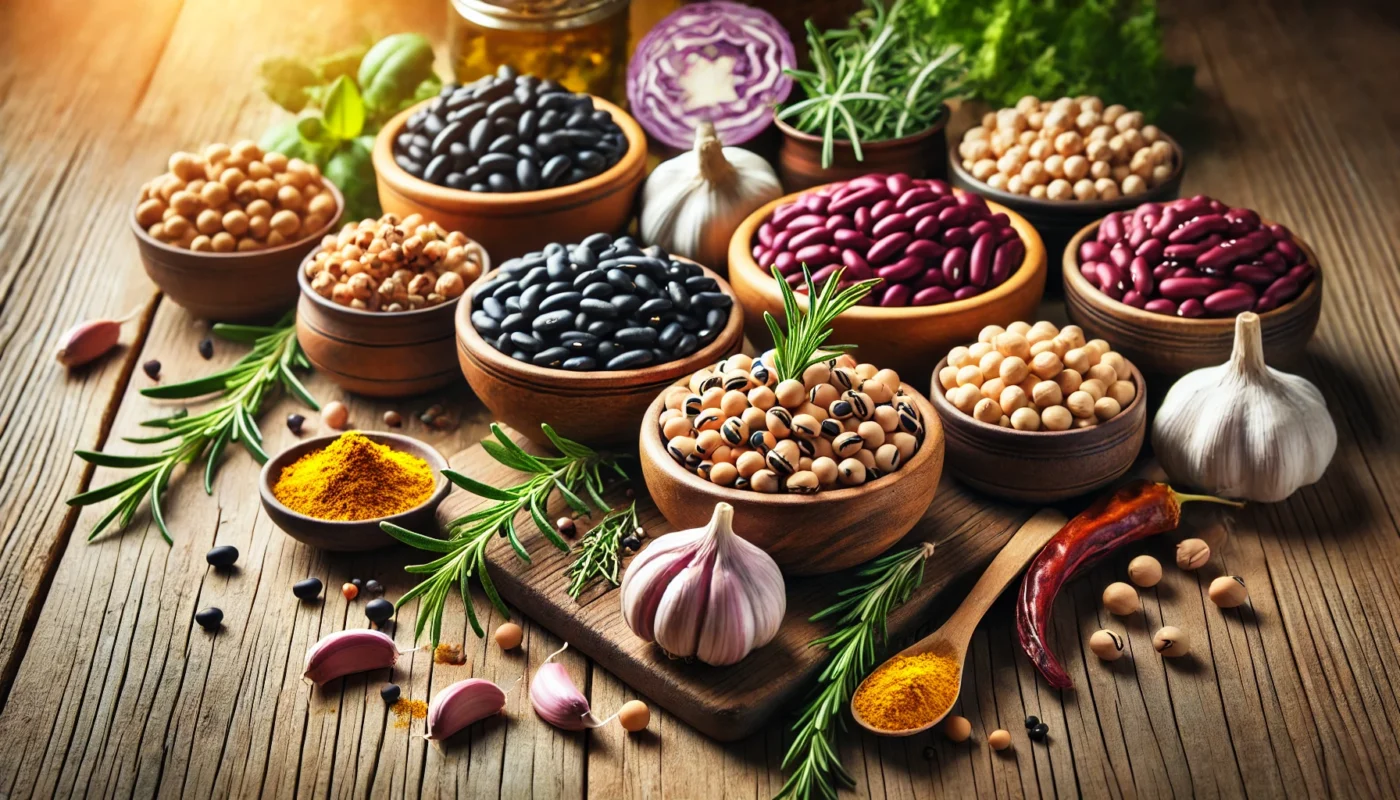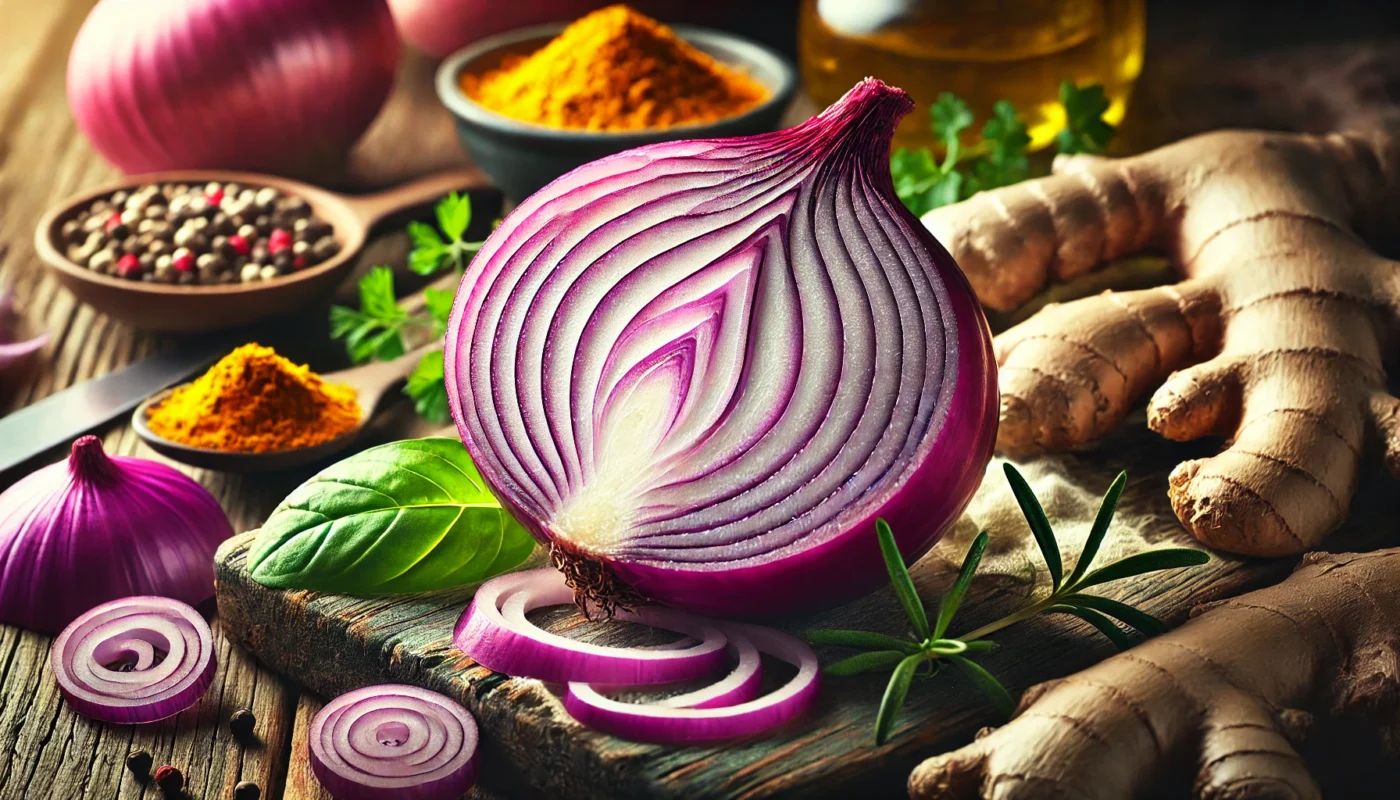In this expanded article, we’ll delve into the importance of choosing the right medications, explore various over-the-counter options, and provide insights into how these medicines can support a holistic approach to health.
Tag Archives: digestive health
Aloe vera, often regarded as a wonder plant, has been an integral part of traditional medicine for centuries. Whether you’re interested in its skin-healing abilities or its digestive aid potential, understanding the nuances between aloe vera pills and gel forms is crucial. Each form offers distinct benefits that can cater to different health needs and preferences. In this article, we take a comprehensive look at aloe vera, its benefits, uses, and the scientific evidence supporting its applications, with a particular focus on comparing aloe vera pills to gel form.
Aloe vera, often dubbed the “plant of immortality,” has been revered for its health benefits for centuries. This remarkable plant has fascinated cultures worldwide, from ancient Egyptians to modern-day wellness enthusiasts. Its applications in holistic health practices have made it a staple in many households. But what is the science behind its purported benefits? How does aloe vera work, and what makes it so unique? In this article, we will delve into the scientific research behind aloe vera, exploring its antibacterial properties, diverse uses, and overall benefits.
The anti-inflammatory diet is not a strict regimen but rather a way of selecting foods that support your body’s natural defense mechanisms. It emphasizes whole, unprocessed foods while minimizing consumption of refined sugars, processed meats, and unhealthy fats. The goal is to include a variety of fruits, vegetables, whole grains, lean proteins, and healthy fats.
Inflammation is a natural biological response to injury or infection. It’s a critical part of the body’s defense mechanism, involving immune cells, blood vessels, and molecular mediators. However, when inflammation becomes chronic, it can lead to various health issues, including heart disease, arthritis, and certain cancers. Therefore, managing inflammation through diet has become an essential consideration in holistic health practices.
Inflammation is the body’s natural response to injury or infection. While acute inflammation is a necessary part of the healing process, chronic inflammation can lead to a variety of health issues, including heart disease, arthritis, and even cancer. Therefore, managing inflammation is crucial for maintaining overall health and wellbeing.
Opiates are a class of drugs derived from the opium poppy plant, primarily used for their analgesic (pain-relieving) properties. Common opiates include morphine, codeine, and oxycodone. While highly effective for pain relief, they come with a range of potential side effects, particularly concerning the digestive system.
Autoimmune gastritis, also known as chronic atrophic autoimmune gastritis, is characterized by the immune system’s attack on the stomach’s parietal cells. These cells are responsible for producing hydrochloric acid and intrinsic factor, essential for vitamin B12 absorption. The destruction of these cells leads to a cascade of digestive issues, often resulting in vitamin B12 deficiency and, over time, can cause a form of anemia known as pernicious anemia.
Inflammatory Bowel Disease is a chronic condition characterized by inflammation of the gastrointestinal tract. This inflammation can lead to symptoms such as abdominal pain, diarrhea, fatigue, and weight loss. While there is no one-size-fits-all diet for IBD, certain dietary modifications can alleviate symptoms and improve quality of life.
Stomach inflammation, medically known as gastritis, occurs when the stomach lining becomes irritated, leading to discomfort and other digestive issues. It can result from various factors, including infection, chronic use of NSAIDs, alcohol consumption, and autoimmune diseases.










